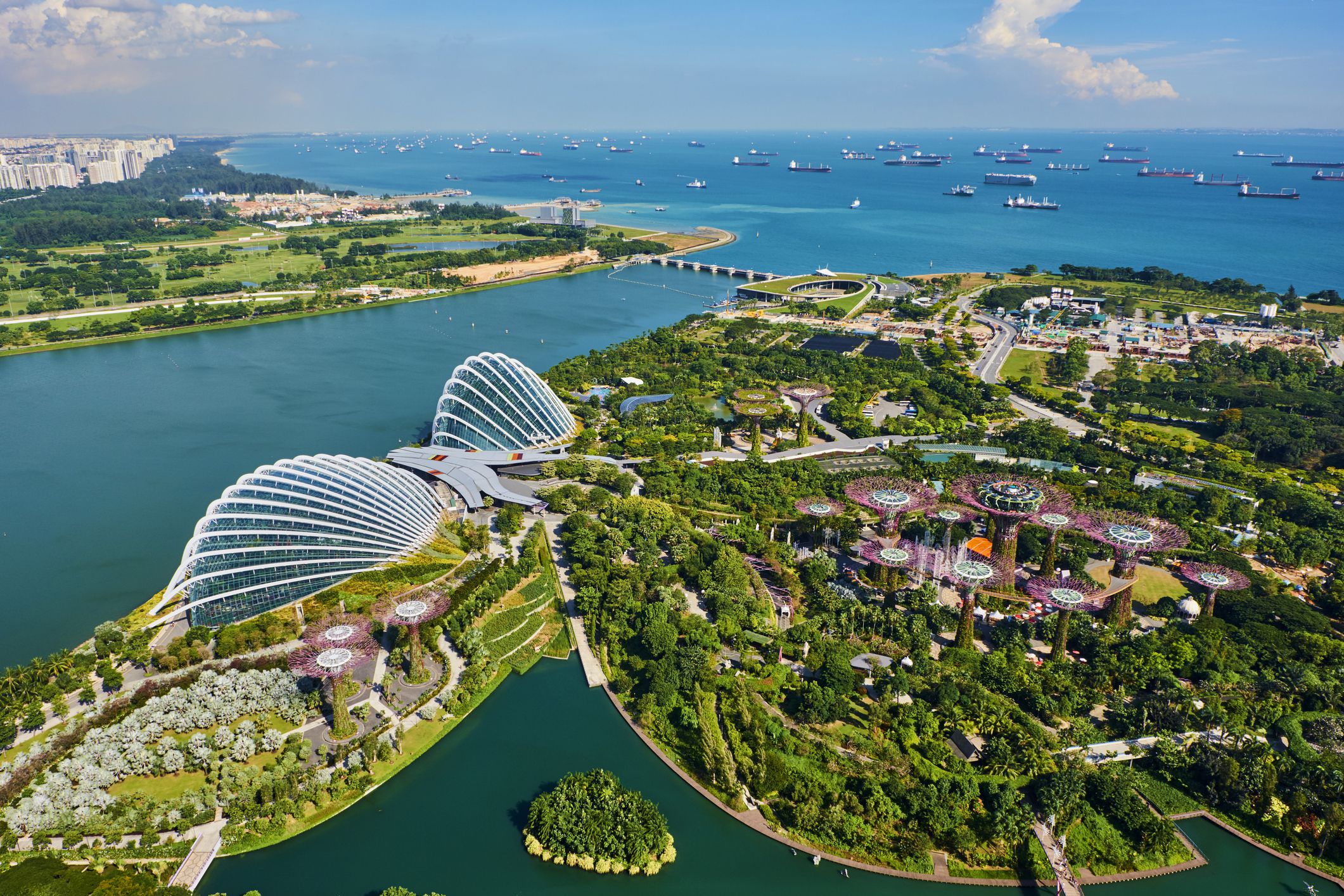
Moving to a foreign country can be an exciting adventure. From eating new foods to exploring new neighbourhoods, moving abroad can be eye-opening for travellers. For those who are considering relocating to Singapore, you should know that this city-state is the most highly urbanised in Southeast Asia. It’s also one of the wealthiest countries in the world with many interesting sites to explore and places to visit. But before you move there, it’s essential to understand what your experience will be like so you can prepare yourself. This guide will provide you with everything you need to know on how to prepare for moving to Singapore.
The Climate In Singapore
Singapore is a tropical country with a humid and wet climate. Although winters are usually mild, Singaporeans often experience a rainy season that lasts from September to November. It’s important to be aware that it doesn’t rain all day, but you can expect rain for about 20 days each year.
What You Need To Know About The Cost Of Living
It’s important to be prepared when you’re moving abroad. You need to know how much things will cost in Singapore so that you can budget accordingly. The cost of living in this city-state is high, but the average monthly income is also higher than in most other countries in Southeast Asia. Rent will be expensive, but it’s possible to find affordable housing if you shop around. Local food is also more expensive due to higher import taxes, so prepare for your wallet to take a hit when it comes to eating out.
Finding A Room To Rent
Renting an apartment in Singapore can be difficult because it’s one of the most expensive cities in the world. So, if you are looking for a place to live, know that many ex-pats choose to rent rooms instead of apartments. Luckily, there are many websites, like PropertyGuru, which offer an abundance of furnished or unfurnished rooms and apartments for rent. For more information, check out their website to see if you can find the ideal room for rent in Singapore.
Getting Health Insurance
In Singapore, it’s mandatory for every resident to have health insurance. This is because the country has a public healthcare system called Medishield. The Medishield scheme provides basic coverage for Singapore citizens and permanent residents in the event of hospitalisation, injuries, major diseases, and pregnancy-related conditions.
Shipping Your Belongings
One of the first steps to moving to Singapore is figuring out how you’ll get your belongings there. You can ship them ahead of time or wait until you arrive to take care of it. If you choose to ship your belongings, make sure to take into account the cost and time involved, as well as any other constraints like weight limitations. For instance, if you’re sending a lot of furniture, then you might need to purchase a cargo container which will be more expensive than just shipping regular-sized boxes that can be sent via normal postal services.
Coping With The Culture Shock
It’s natural to feel a little out of sorts when you first move abroad. After all, your daily routine will be suddenly turned upside down as soon as you arrive. But rather than feeling overwhelmed by your new surroundings, it’s important to focus on what’s around you and how the locals interact with the city. This is why it’s important to do your research. The more you know about what life in Singapore will be like before you leave, the better prepared you’ll be when you arrive. Knowing what to expect will help lessen the culture shock you face when you move abroad.
Finding Work
One of the most important things that you will need to do when you move to Singapore is to find work. You can apply for positions by searching online or sending your CV to local firms. Additionally, there are many jobs available with international companies that are looking for English speakers.
Bringing Your Pets
Moving with pets, whether they are cats or dogs, can be a difficult process. Not many countries allow you to simply bring your pet in without getting approval from the country’s authorities. Singapore is one of the few countries that will allow you to bring your pet in, but there are some requirements for bringing in cats and dogs.
You will need to provide a veterinarian health certificate that proves the animal has been vaccinated against rabies at least 30 days before coming into Singapore. You also need to provide a document stating the animal has been sterilised less than 12 months before entering Singapore.
Conclusion
There’s a lot to take into consideration when you decide to move to a new country. Singapore is an exciting new chapter for you and your family, but it will take some preparation to ensure that the transition goes smoothly.
Leave a Reply